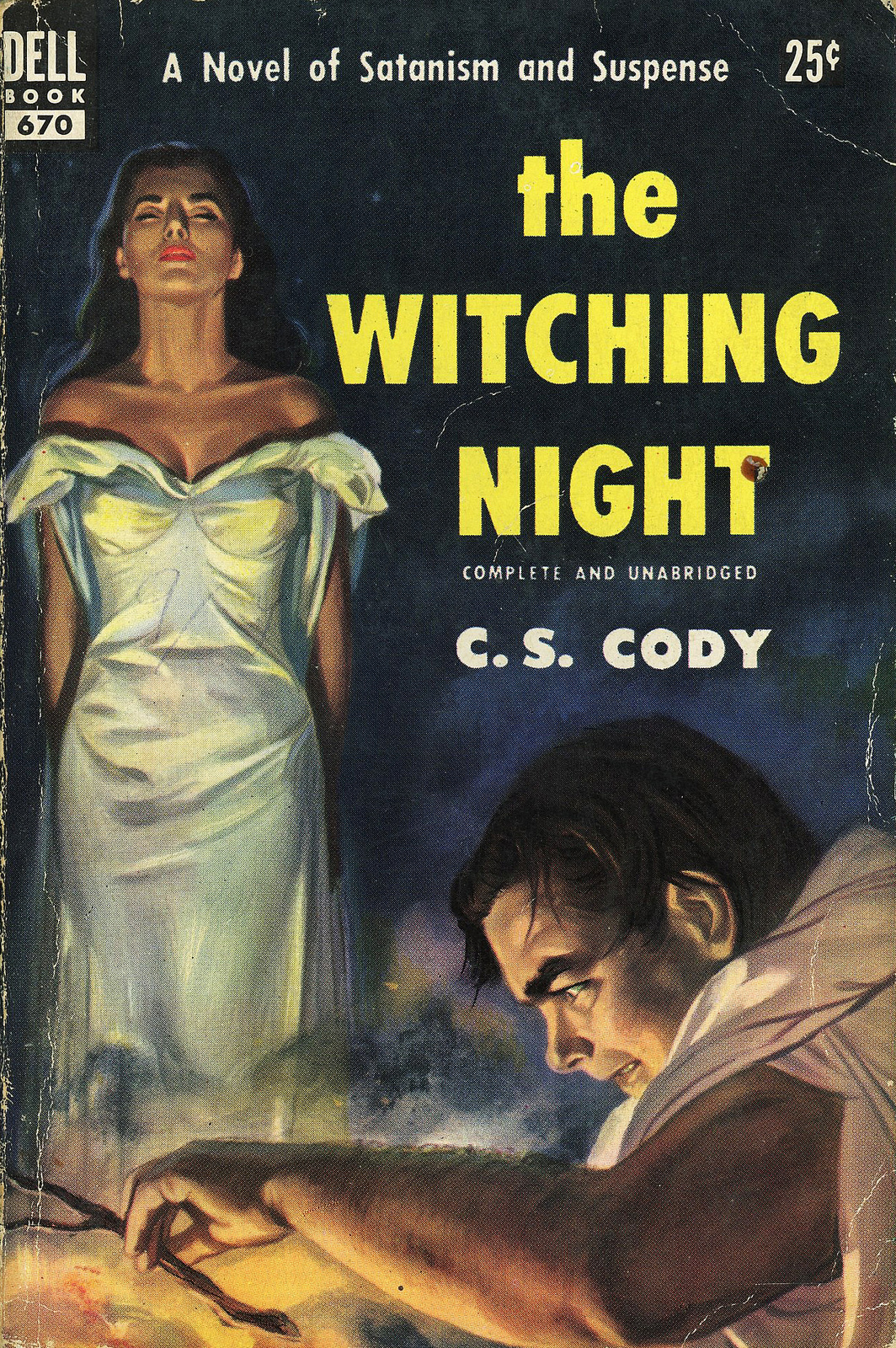I'm going to explain my methodology for creating campaigns, and to do that, I'm going to start with Encounters. They are the basic building block of every adventure or campaign.
An adventure is a plot with a series of problems (Encounters) that need to be addressed to solve the adventure. Common Encounters involve fighting, socializing, exploring, or chasing.
A Bad Encounter is one that gets resolved with one or two rolls. It's a blip, a minor inconvenience that did not require the players to engage with story.
- The party thief rolls to detect traps. He finds one. He rolls to disarm it. He succeeds. Yawn.
- The heroes need to trick the guard into letting them in. One player rolls Persuasion, succeeds and they get in. My, how heroic.
A Good Encounter is one that causes the players to strategize. If they are talking about what to do next, they are playing the game. And their solution may not be what you have planned, but be flexible enough roll with it. It might be that their idea is way cooler than what you had planned.
- The thief finds the trap. It's a pressure plate across the entire floor, touch it and the roof might collapse, but the party needs to get across. Tell me how your hero intends to disarm or bypass this trap. It may require a player to make several careful rolls as or risk triggering the whole thing.
- The heroes need to get into that party but the gate guards say otherwise. The heroes need a plan.
- The heroes made it in to the party. Someone here knows where Alphonse the Mouse is and the heroes need to figure out who and where they're hiding him.
A Great Encounter is one that allows the players to strategize, but there's a timer going.
- The heroes are in a trapped room and they have a limited time to escape before they drown/ asphyxiate/ get crushed.
- The heroes have triggered on of the mansion's traps. Now they have to race down a long, treacherous hall (requires multiple rolls) with a boulder chasing them. The heroes need to make 3 out of five rolls to dodge obstacles or get crushed.
- Alphonse is in danger. They need to find his whereabouts quick!
- Alphonse the Mouse is being held by several thugs. Combat timer - Who will run out of hit points first? or Can the heroes defeat the thugs before they kill Alphonse?
What is the Goal and What's in the Way?
Sample Goals
- To get information that helps you toward your adventure Goal.
- To acquire an item that helps you toward your adventure Goal.
- To stop or weaken an enemy.
- To recruit an ally.
- Stay alive!
Rewarding Treasure
Treasure rewards for encounters are very minor, like a handful of coins or a spare common item. There's going to be a lot of Encounters so don't overpower your heroes with rare rewards. Usually the main reward for an encounter is being able to progress the story.
Failing an Encounter
Failing an Encounter is a minor penalty and often just means they don't get the reward. This shouldn't make the rest of the adventure impossible, just a little more difficult. Give players the room to fail, but still find success.
If they failed the Encounter because everyone died... well that's another Blog Post I will need to write.




.jpg)
